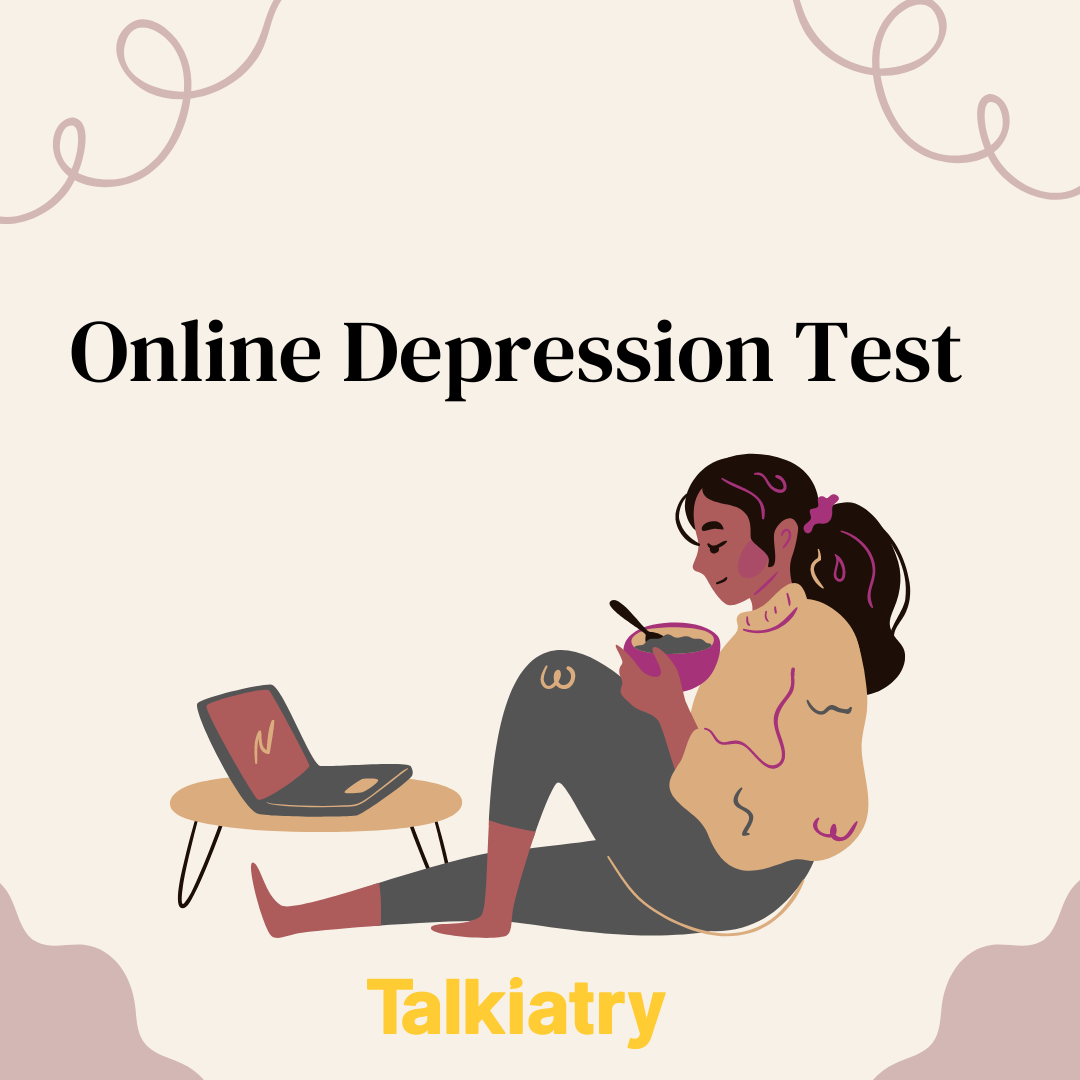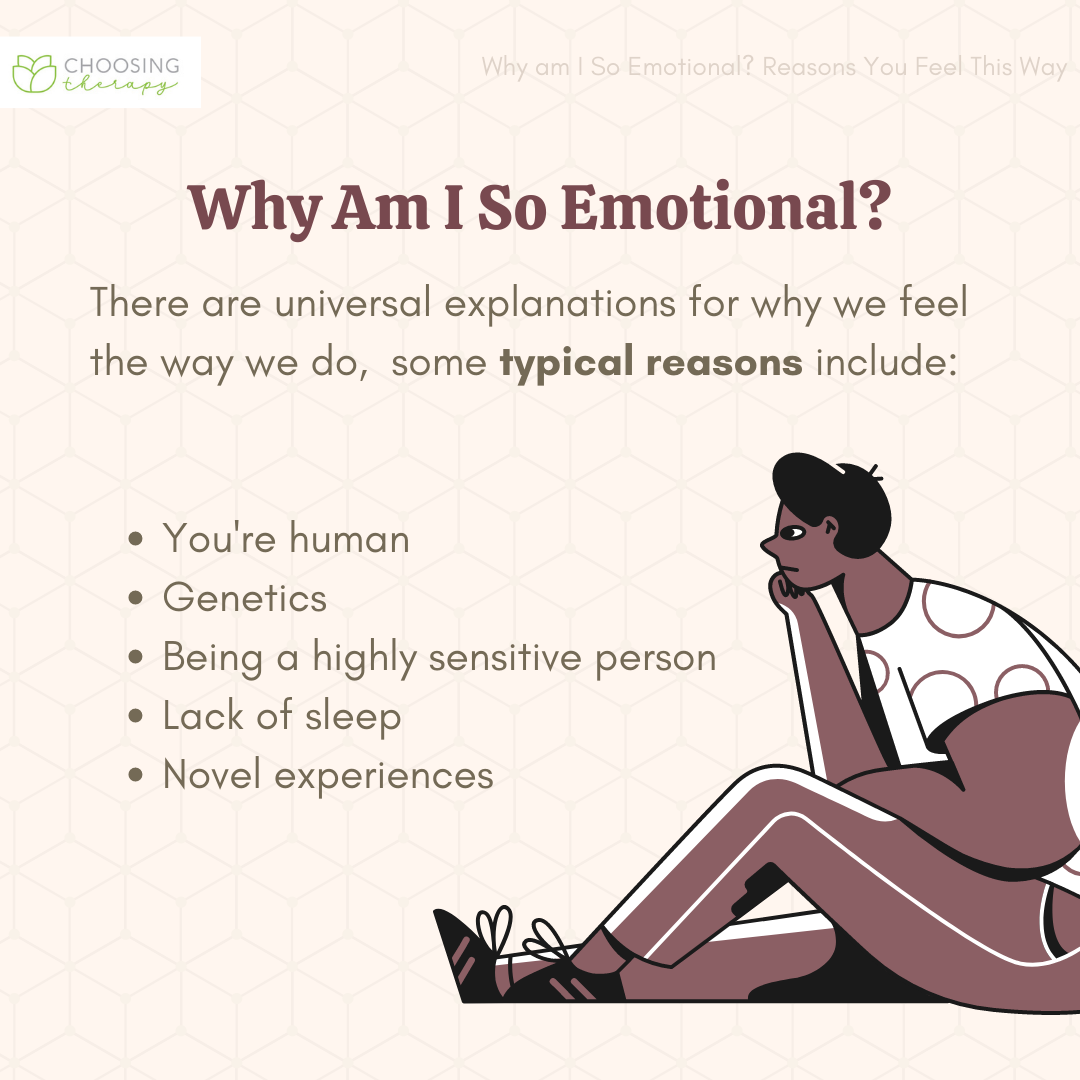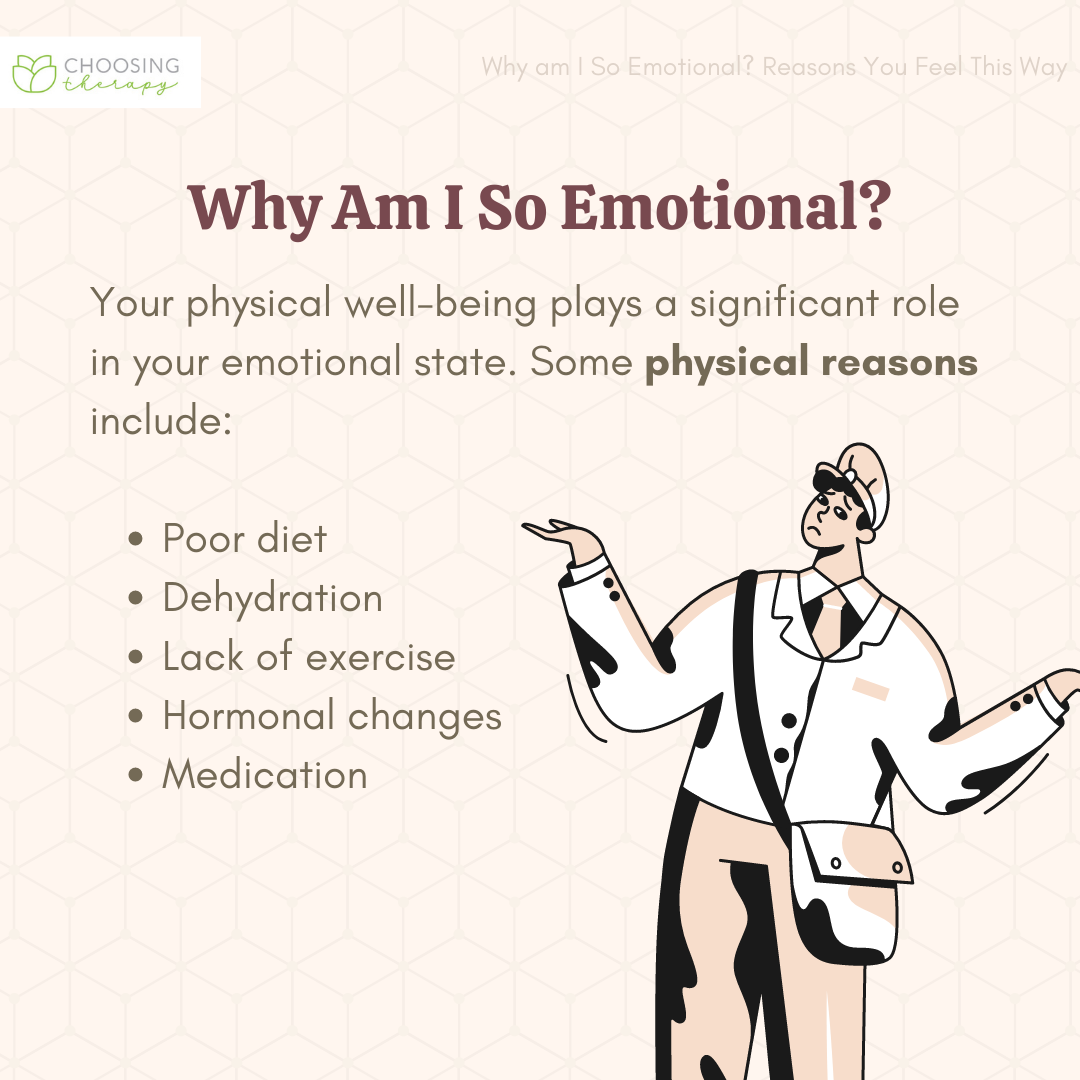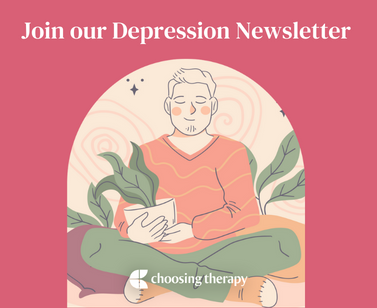It can be challenging to deal with uncomfortable feelings. At times, they can drain or overwhelm you. You may even question if your intense emotions suggest that something is wrong. While emotions ebb and flow, specific triggers can exacerbate how you feel, and it’s important to know what those are. That awareness can help you process them effectively.
Depression Is Treatable With Therapy
Would you like to feel more happiness and joy? BetterHelp has over 20,000 licensed therapists who provide convenient and affordable online therapy. BetterHelp starts at $65 per week. Take a Free Online Assessment and get matched with the right therapist for you.
Emotions Are Normal
It’s important to remember that feelings are a normal part of the human experience. In fact, we are all emotional beings, and how we feel is instinctual and evolutionary. Emotions are the driving forces behind how we respond and react to the world around us.1
Of course, even though they are universal, your emotions can still be challenging to manage. After all, it can be difficult to struggle with sadness, anger, shame, or fear. Furthermore, heightened states and reacting poorly to different feelings may signify issues with emotional regulation.
Why Am I So Emotional Lately? 16 Potential Reasons
Do you sometimes feel like you are more emotional at certain times than others? Or, do specific feelings appear to impact you more than others? Although emotions are natural; impulses, situational, biological, and psychological triggers can exacerbate how we feel. These factors may intensify certain emotions, making them seem overwhelming or even unbearable.
The following are reasons you may be feeling emotional lately:
Typical Reasons
There are universal explanations for why we feel the way we do. Likewise, there are other noteworthy reasons indicating why we sometimes feel more emotional at certain times than others. Being mindful of these potential factors – and recognizing them when they arise in real time – can better help you cope with emotions as they arise.
1. You’re Human
It’s a cliched reason, but it’s the most important one! You are a living, breathing human, which means that you are susceptible to various emotional states. You are not a robot, and that’s a good thing! Your feelings help guide everything from your personality to your level of motivation to how you structure your day.
2. Genetics
Genetics likely plays a foundational role in how we experience emotions. For instance, research shows that people with certain mental health conditions like depression, bipolar disorder, anxiety, and ADHD can be passed down from parent to offspring (first-degree family members). Researchers conclude that intergenerational patterns are likely due to some shared genetic risk factors.2
3. Being a Highly Sensitive Person
A highly sensitive person (HSP) experiences intensified sensitivity to certain people, situations, and sensory output. As a result, you may feel more vulnerable to certain energy or moods, and certain transitions or unexpected changes often feel challenging. There is nothing wrong with being an HSP- it is simply a personality trait that sometimes makes people feel extra emotional.3
4. Lack of Sleep
Sleep is closely associated with mental health. Lack of sleep (or low-quality sleep) can result in more fatigue, aggravating feelings of sadness, anger, or restlessness. Poor sleep may also impact judgment and motivation, making it hard to regulate intense emotions when they arise.
5. Novel Experiences
Novel experiences can feel exciting, but they can also affect your level of safety and predictability. Therefore, you may feel more anxious or insecure as you navigate this change. You might also struggle with regret, compounding feelings of shame, doubt, or fear.
Physical Reasons
The mind and body are undoubtedly connected, and your physical well-being plays a significant role in your emotional state. Disruptions in your routine- or neglecting to care for certain parts of your health- may exacerbate intense feelings. Similarly, how you cope with these emotions can affect your body, maintaining a constant cycle.
6. Poor Diet
What you eat affects how you feel. We rely on nutrition as a significant source of fuel, and research shows that eating a diet high in refined sugars can correlate with less energy and lower moods. Similarly, studies have found that people who consume high levels of vegetables, fruits, seafood, and unprocessed grains (with less refined foods) have lower rates of depression.4
7.Dehydration
You know it’s essential to drink water, but even mild dehydration may contribute to anxiety, depression, poor focus, and low energy.5 Ideally, you should drink plenty of water throughout the day, although the specific amount ranges based on your age, size, and lifestyle.5
8. Lack of Exercise
Exercise can help release endorphins (the body’s ‘natural’ painkillers) while also reducing the stress hormones, adrenaline and cortisol.6 A lack of physical activity coupled with a sedentary lifestyle may increase moodiness and irritability. Subsequently, it’s important to prioritize movement throughout your day.
9. Hormonal Changes
Puberty, pregnancy, menopause, and middle age all affect hormone levels, which can invariably impact your mood. It’s important to remember that these changes aren’t your fault. However, you may feel extra emotional during these transitions.
10. Medication
All medications have side effects, and they can each impact your energy level, mood, and temperament. This applies to both prescribed and over-the-counter medications. It’s important to discuss these risks with your doctor and share any concerns as you notice them.
Help For Depression
BetterHelp – Get help from a licensed therapist. BetterHelp offers convenient and affordable online therapy starting at $65 per week. Free Assessment
Talkspace – Online Therapy With Or Without Insurance. Talkspace accepts many insurance plans including Optum, Cigna, and Aetna. Typical co-pay is $30, but often less. Get started
Situational Reasons
Specific stressors can undoubtedly affect your emotional state. Coping with change- particularly if the change is negative or unexpected- poses many challenges to your mental health. Keep in mind that you’re not alone if you are struggling with these experiences- almost everyone has intense emotions when it comes to significant life transitions or decisions.
11. Grief
Grief refers to the typical reaction to loss, and it’s often associated with intense sadness, anger, guilt, and fear. These emotions are normal, but they can certainly feel intense. Likewise, grief can make it hard to cope with your emotions, as you may be navigating with many other changes at the same time.
12. Trauma
Trauma is a key trigger in many emotions like guilt, shame, fear, or anger. This applies whether the trauma is recent or occurred many years ago. Likewise, trauma triggers can activate the parts of the brain associated with fear and dread.
13. Stress
Stress can exacerbate nearly any emotional state. Acute stress may result in a temporary heightened emotion that often dissipates once the event passes. Chronic stress, however, may correlate with extended levels of sadness, fear, anger, and fatigue.
14. Burnout
Burnout can coincide with depression and anxiety, and it often makes managing daily tasks feel challenging. Furthermore, when you are dealing with burnout, you might feel more prone to irritability and apathy, both of which can negatively impact your emotional state.
15. Abusive Relationships & Gaslighting
Being in an abusive relationship or being gaslit by others can heighten feelings of confusion, irritability, loneliness, sadness, and fear. You may feel isolated in your experience, and it can be shameful to disclose your concerns to others.
16. Seasonal Affective Disorder
Seasonal affective disorder is a mental health condition where specific seasonal changes directly impact your mood patterns. If you have this kind of depression, you will typically feel more depressed in the fall or winter than in spring or summer. Severe seasonal affective disorder can dramatically affect your quality of life.
How to Process Your Emotions in a Healthy Way
Practicing emotional self-care is an important part of emotional regulation. Emotional self-care encourages you to identify and honor your internal needs. While emotions are an unavoidable part of life, it’s healthy to have various coping strategies to manage how you feel. In addition, learning how to process emotions can support you in becoming more empowered in everyday life.
Ways to cope when you feel emotional include:
- Validate yourself: Remind yourself that you are human and that feelings are a part of life. Try to remember that everyone experiences similar emotions and that you will get through this.
- Take a few deep breaths: Mindfulness shifts you into the present moment, which can promote a sense of calm and peace. When you feel sad or anxious, commit to taking a few deep breaths before doing anything else.
- Do something kind for yourself: Whether it’s taking a short nap or making tea, even carving out a few minutes for self-care can improve how you feel. Try to implement small acts, especially when you feel crunched for time.
- Limit media exposure: If you feel particularly stressed about a specific situation, try to avoid spiraling into a rabbit hole of research. Likewise, if you’re already in a bad mood, consider how social media and other media outlets may exacerbate your emotions.
- Talk to someone: Seeking support can be invaluable when you are struggling. Share how you feel with someone you trust.
- Reframe your thoughts: Try to think of a time where you have navigated difficult emotions successfully before. Remind yourself that this challenging time will pass.
- Consult with your doctor: If a physical health condition is aggravating your emotions, seek medical support. There may be different treatment approaches worth trying.
When to Seek Professional Help
In some cases, severe emotional states may indicate a more serious issue with depression or anxiety. These states can trigger crisis issues, such as substance use, self-harm, psychosis, or suicidal ideation. If you are struggling, it is imperative to reach out for immediate support.
Finding a qualified therapist can help you understand and cope with difficult emotions. You can start your search using an online therapist directory. If you are in immediate distress, contact 911 or go to your nearest hospital.
Final Thoughts
Even though emotions are natural, they can certainly be challenging. Of course, it’s okay to struggle sometimes- you are only human! But if you feel like you’re constantly struggling- or if managing your emotions seems impossible- it may be time to seek professional support.
Additional Resources
To help our readers take the next step in their mental health journey, Choosing Therapy has partnered with leaders in mental health and wellness. Choosing Therapy is compensated for marketing by the companies included below.
Talk Therapy
Online-Therapy.com – Get support and guidance from a licensed therapist. Online-Therapy.com provides 45 minute weekly video sessions and unlimited text messaging with your therapist for only $64/week. Get Started
Online Psychiatry
Hims / Hers If you’re living with anxiety or depression, finding the right medication match may make all the difference. Connect with a licensed healthcare provider in just 12 – 48 hours. Explore FDA-approved treatment options and get free shipping, if prescribed. No insurance required. Get Started
Depression Newsletter
A free newsletter from Choosing Therapy for those impacted by depression. Get helpful tips and the latest information. Sign Up
Learn Anti-Stress & Relaxation Techniques
Mindfulness.com – Change your life by practicing mindfulness. In a few minutes a day, you can start developing mindfulness and meditation skills. Free Trial
Choosing Therapy Directory
You can search for therapists by specialty, experience, insurance, or price, and location. Find a therapist today.
For Further Reading
- HelpGuide: Emotional Intelligence Toolkit
- Edutopia: Emotional Regulation Activities for Tweens and Teens
- UW Medicine Harborview Medical Center:Master List of Coping Skills
- Master Your Emotions, Thibaut Meurisse
- The Dialectical Behavior Therapy Skills Workbook, Matthew McKay, Ph.D., Jeffrey Wood, Ph.D., and Jeffrey Brantley, MD
Online Depression Test A few questions from Talkiatry can help you understand your symptoms and give you a recommendation for what to do next. Best Online Psychiatry Services Online psychiatry, sometimes called telepsychiatry, platforms offer medication management by phone, video, or secure messaging for a variety of mental health conditions. In some cases, online psychiatry may be more affordable than seeing an in-person provider. Mental health treatment has expanded to include many online psychiatry and therapy services. With so many choices, it can feel overwhelming to find the one that is right for you.










